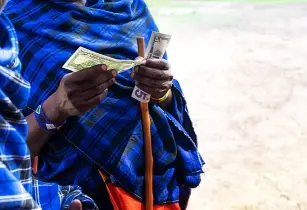On 11 January 2023, President Cyril Ramaphosa chaired the meeting of the Presidential Economic Advisory Council (PEAC)
In his opening remarks, President Ramaphosa acknowledged the difficulties that confront the global economy which invariably impact on South Africa’s growth prospects. Several factors such as the ongoing war between Russia and Ukraine, slowdowns in the US, China and EU economies, the residual effects of the COVID-19 pandemic, increases in natural disasters around the globe, persistently high inflation and the global cost of living crisis had painted a ‘darkening outlook’ for the global economy in 2023, according to the IMF.
Despite these factors, South Africa showed encouraging signs of recovery as demonstrated by an increase of economic activity during the third quarter of 2022. Promising activity in the agricultural, finance, insurance real estate and business services sectors has enabled the GDP to expand by 1.6%.
The meeting noted the following recovery drivers that need to be sustained going into 2023 and beyond:
- 1.5 million jobs were created over the past year, and total employment saw an increase by 10.4%.
- The Presidential Employment Stimulus reached over one million participants.
- The structural reforms aimed at raising growth, attract investment, and create more jobs.
- Key reforms in the energy, IT, and other sectors that are currently underway will continue to improve the business operating environment as well as South Africa’s competitiveness as an investment destination.
- The Just Energy Transition Investment Plan will pave the way for additional investments into renewable-based energy infrastructure.
- The R2 billion blended finance programme is designed to address many challenges that emerging farmers face.
- The Presidential Employment Stimulus Initiative launched as part of the recovery package from Covid-19 shock, has enabled subsistence and small-scale farmers to buy the inputs they need, while also improving household food production.
The Council agreed that all social partners need to work hard on the expansion of areas of economic opportunity and employment and to find practical and sustainable solutions to mitigate load shedding, drawing from international experience and to alleviate poverty.





